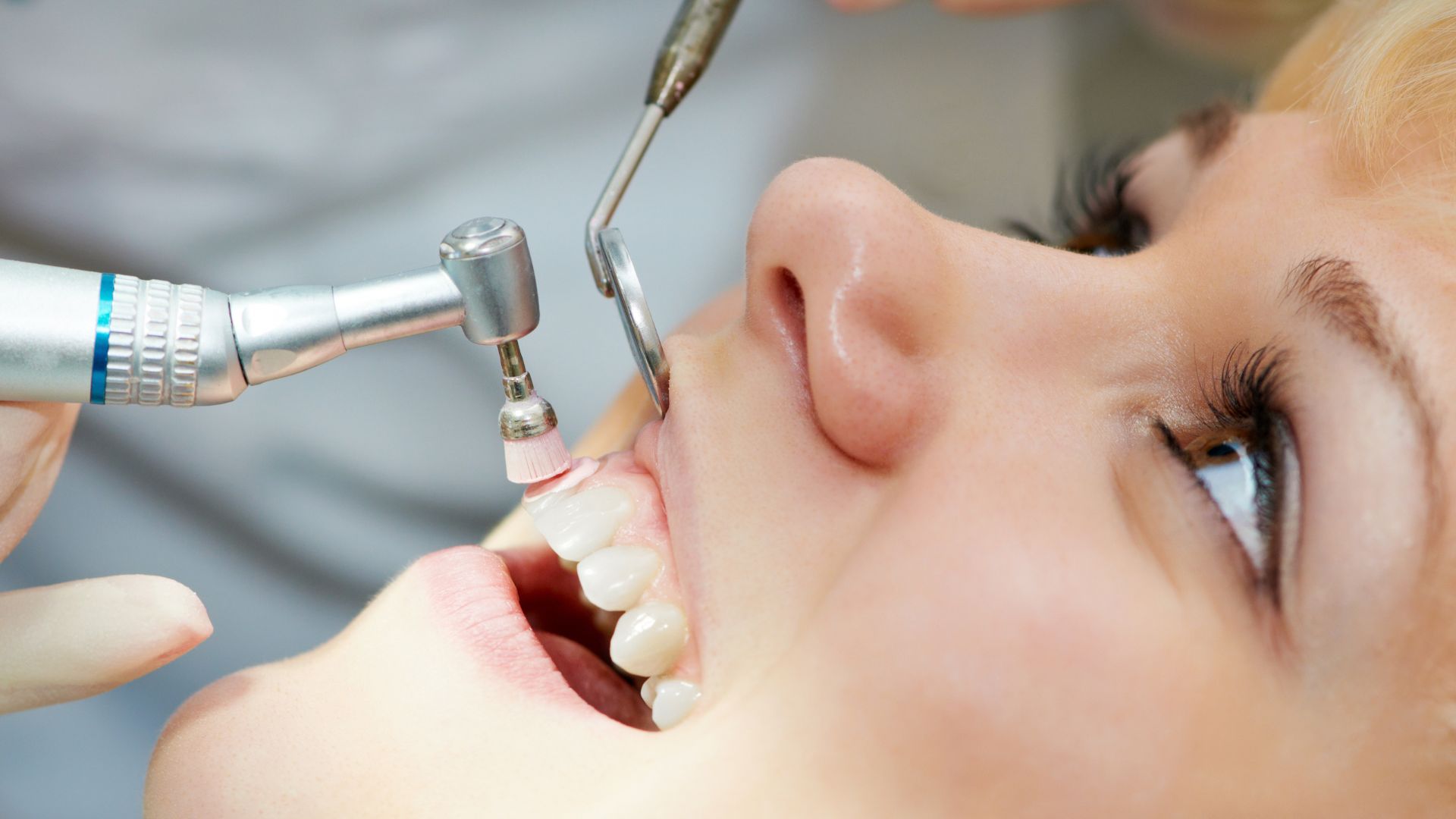How Often Should You Get Routine Checkups At The Dentist?
Regular dental appointments are essential, for keeping your health in shape. However many individuals are unsure about the frequency of visits to their dentist. This detailed guide will delve into why routine dental checkups matter the factors that determine how often you should go and how these visits can help in preventing and addressing concerns.
The Significance of Regular Dental Checkups
Maintaining health involves more than just brushing and flossing daily. Regular dental checkups play a role, in preventing and catching health issues early on. Here’s why prioritizing these appointments is important:
Preventing Dental Issues
Routine checkups enable your dentist to spot signs of cavities, gum disease and other dental problems. Detecting issues early means avoiding invasive treatments ultimately saving you time, discomfort and money down the road.
Keeping Your Oral Health Optimal
Visits ensure that your oral hygiene practices are working effectively. Your dentist can offer personalized guidance on brushing techniques, flossing methods and other aspects of care tailored to your requirements.
Comprehensive Dental Maintenance
During a checkup your dentist not checks your teeth and gums. Also provides professional cleanings to remove plaque and tartar buildup. This thorough care helps prevent the emergence of health concerns.
Factors That Affect How Often You Should Visit the Dentist
Although its commonly recommended to see the dentist every six months there are factors that can influence the frequency of your checkups. Here are some important things to consider:
Personal Oral Health Needs
Your health plays a significant role, in determining how often you should schedule checkups. People with a history of cavities, gum disease or other oral health concerns may need visits to effectively monitor and address their conditions.
Risk Factors for Dental Issues
Lifestyle habits and health conditions can increase your susceptibility to problems. For example smokers, individuals with diabetes and those with a family history of issues might require frequent checkups to ensure optimal oral health.
Age and Dental Wellness
Age is another factor that can impact your health needs. Children and older adults often require visits to the dentist. Children are prone to cavities and developmental dental issues while seniors may face challenges such as gum disease and tooth decay due, to age related changes.

What Happens During a Regular Dental Checkup
Understanding the procedures involved in a checkup can help demystify the process and underscore its significance. Here’s an overview of what occurs during a visit:
Dental Evaluation and Cleaning
The dentist will assess your teeth and gums for any indications of cavities, gum disease or other oral problems.
After a cleaning to remove plaque and tartar that regular brushing may not fully address your dentist may suggest X rays or other advanced diagnostic tools based on your dental history and current condition. These diagnostic aids help identify any hidden issues that a standard examination may not reveal. Following the evaluation your dentist will discuss personalized care options tailored to your needs to ensure you maintain oral health until your next visit.
Special attention is given to high risk groups such, as smokers, tobacco users, diabetics and pregnant women. Smokers and tobacco users face increased risks of gum disease and oral cancer making checkups for early detection and treatment. Diabetics are more susceptible to gum disease and infections warranting visits for effective management. Pregnant women should also schedule checkups due, to changes impacting their dental health helping prevent and address gum disease and other oral issues effectively.
The Importance of Regular Dental Checkups, for Term Oral Health
Dental checkups play a role in maintaining oral health over time going beyond just addressing immediate concerns. Lets explore how these regular visits contribute to keeping your teeth and gums healthy in the run:
Preventing Serious Dental Problems
By catching and treating issues early on during routine checkups you can avoid more severe and expensive complications later. This proactive approach helps ensure that your teeth and gums stay healthy throughout your life.
Improving Oral Care Practices
Receiving feedback from your dentist about your hygiene habits can guide you in making necessary adjustments to enhance your dental care routine ultimately leading to improved overall dental health.
Establishing a Relationship with Your Dentist
Dental visits help build a rapport with your dentist making it easier to discuss any concerns and receive personalized care tailored to your needs.
In Summary
Regular dental checkups are vital, for preserving health and preventing various dental problems. While the general recommendation is to see the dentist every six months individual requirements may vary based on health conditions, risk factors and age. By recognizing the significance of these appointments and understanding what they entail you can proactively work towards achieving and sustaining well being.
FAQs
How Often Should You Get Routine Checkups At The Dentist?
It’s always an idea to see your dentist every six months, for a checkup even if you don’t have any current dental problems.
Do lifestyle choices impact how often I should go for checkups?
Certainly habits such as smoking, poor diet and not taking care of your teeth can raise the chances of issues necessitating more frequent visits to the dentist.
Is it necessary to have checkups if I maintain optimal oral health at home?
Absolutely. Regular professional checkups are crucial because dentists can identify and address problems that may not be visible or manageable through home care alone.
What should I do if I encounter problems between my appointments?
If you notice any concerns between your scheduled visits it’s important to reach out to your dentist to deal with the issue before it escalates.
Why are regular dental check-ups important for children?
Children are more prone to cavities and other oral health issues. Regular checkups help ensure their teeth develop properly and establish oral hygiene practices on
How can I lower my risk of dental problems?
By sticking to an oral hygiene routine eating a balanced diet steering clear of tobacco products and following your dentists advice, on how often you should have checkups and preventive care.


